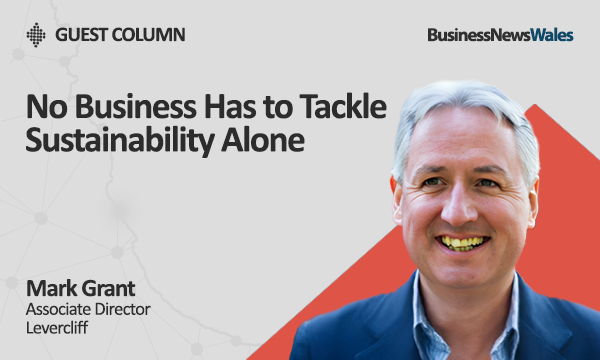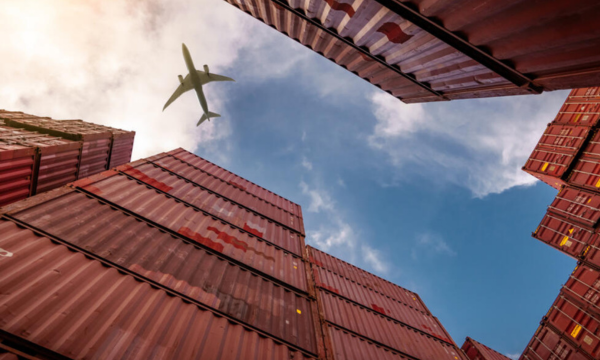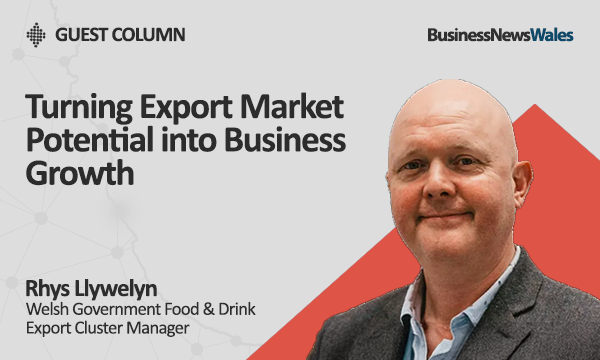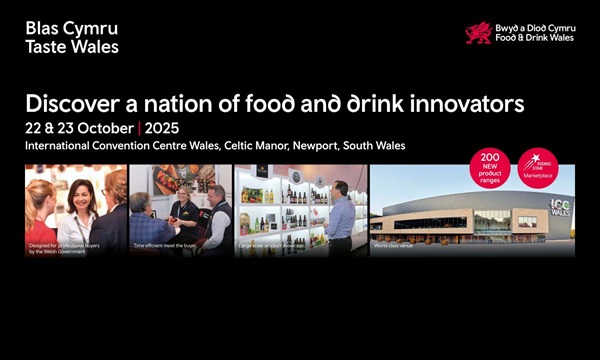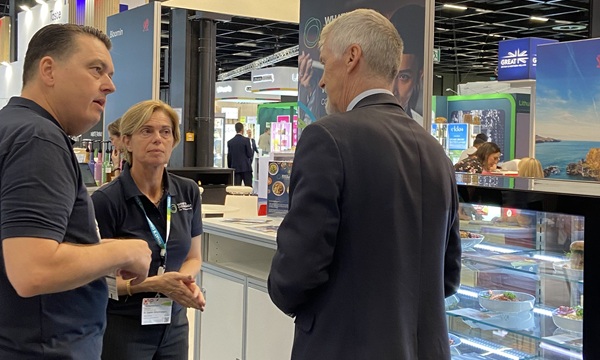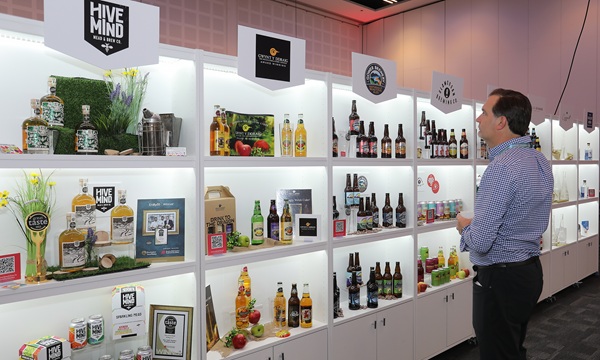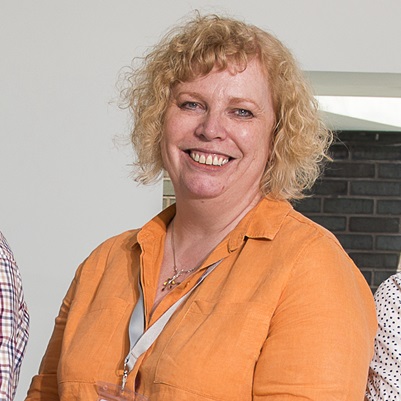
What do we mean by “sustainability”? For me, it is really about resilience. That’s the simplest way to describe it; the ability of a business to adapt, stay competitive, and keep going no matter what the world throws at it.
Whether you’re managing energy costs, keeping an eye on future legislation, or thinking about your supply chains, every step you take to make your business stronger for tomorrow is, in effect, an act of sustainability.
That perspective helps to strip away some of the complexity that surrounds this topic. The term “sustainability” can intimidate people. There’s a lot of jargon, and it can feel like something distant or difficult to measure. But in practice, it’s about continuous improvement – making your business that bit better, that bit leaner, that bit more future-proof.
The challenge for many producers is knowing where to start. There’s no shortage of advice, but sometimes it can feel overwhelming. Do you focus on emissions, on packaging, on your policies, or your energy bills? How do you decide where to invest when technology is moving so fast? In that situation, it can help to talk things through with a critical friend, someone who can help make sense of the information, or simply share what’s worked for other businesses. That’s the strength of the networks and clusters that bring producers together. Seeing what another business has done and how it’s benefited can make sustainability suddenly feel achievable. Food and drink manufacturers in Wales are fortunate with the range of fully-funded support that is available to help them make sense of sustainability, from the Sustainability Cluster to the Carbon Reduction Plan Programme.
I’ve also found that confusion can sometimes lead to paralysis. Business owners want to do the right thing, but they fear getting it wrong or spending time and money on the wrong initiative. That’s why reframing sustainability as resilience and improvement can be powerful. You don’t have to solve everything at once. Every small change adds up, whether that’s improving productivity, using energy more efficiently, or finding ways to make your supply chain more secure.
Climate adaptation is another important piece of the puzzle. It’s about recognising that change isn’t just coming – it’s already here. We’ve all seen the impacts of extreme weather, from floods to heatwaves, and how these affect our homes, supply chains, and even insurance costs. None of this means abandoning the drive to reach net zero, but it does mean thinking about how we operate in a changing world. How do we look after our teams in hotter summers? How do we protect our facilities and keep production running when disruption hits? Focusing on prevention is always going to be more cost-effective than restarting after a financially and reputationally damaging climate shock event which disrupts your business operations.
For food and drink businesses, the effects can be global as well as local. Take a producer like Coaltown Coffee. It may be based in West Wales but it is directly exposed to shifts in climate that affect harvests thousands of miles away. The same principle applies to all of us: sustainability and adaptation go hand in hand. They’re both about strengthening your business so it can withstand and respond to whatever challenges arise.
There are practical ways to start. The Welsh food and drink website hosts a useful online assessment tool – a simple questionnaire that helps businesses identify where they might be most vulnerable and what to prioritise. It covers issues from water and waste management to climate resilience, and it provides a personalised report with suggestions for improvement. Working with Food and Drink Wales, we’ve developed a suite of climate adaptation training modules, which businesses can access online or through tailored leadership sessions. These bring management teams together to explore scenarios, test responses, and think creatively about how they would handle disruption and what new opportunities could emerge as a result.
That kind of planning isn’t about doom and gloom; it’s about foresight. The past few years have shown how quickly circumstances can change, through the pandemic, global supply shortages, or political instability. Businesses that plan, review, and adjust are the ones that recover fastest. That’s resilience in action.
And it applies to businesses of every size. Larger, more established producers might approach sustainability through formal frameworks such as ISO standards, BRCGS Global Standard Food Safety, or B Corp accreditation. Smaller businesses might start by tracking costs, reducing waste, or improving productivity. But the principle is the same: continuous improvement leads to stronger, more sustainable operations.
Sometimes, changing the language helps. If “sustainability” feels daunting, think instead about “efficiency”, “improvement”, or “resilience”. Those ideas sit comfortably with every business leader. They’re not new – in fact, they’re good management practice. And as you follow them, you’ll find you’re also addressing the very things sustainability is about: reducing waste, conserving energy, looking after people, and future-proofing your business.
Linda Grant talks about this and more in the Food and Drink podcast. Listen here.


